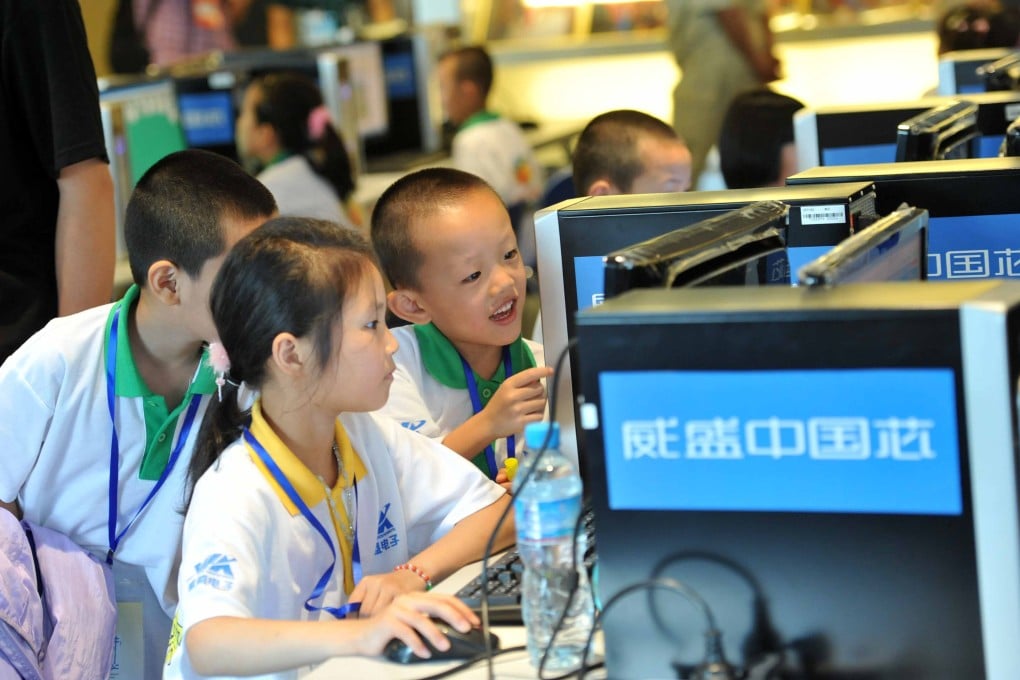Letters | This summer, let the kids go out and play – on the internet
- The digital journey has to start young. Parents have to balance their impulse to protect against letting their children learn to navigate the digital world

With internet technology becoming more ubiquitous each day, digital literacy is rapidly becoming a key skill for the modern global citizen. As such, it is worthy to critically examine barriers, attitudes, and possible concerns with regard to technological engagement and how it relates to the next generation.
For many parents in developed countries, the challenge is in negotiating how much unrestricted internet access to allow their children. According to a Pew Research Centre survey last year, 93 per cent of parents in the US believe they hold “a lot” of responsibility in protecting their children from inappropriate content online, and 71 per cent believe that smartphone access for children under 12 offers more potential harm than good. At least 80 per cent limit the time their child is allowed on the internet and 71 per cent are concerned that the use of smartphones in particular for those under 12 will hurt their ability to learn effective social skills.
Yet the power of technology to capture the young mind cannot be overlooked. Clever integration of games in education has been proven to lead to high levels of engagement and motivation among younger students, while intuitive user interfaces allow children to familiarise themselves with technology without the need for complex technical knowledge.
Also, online learning can trump classroom lessons in some ways. Research suggests that students retain 25-60 per cent more material with online lessons, and require 40-60 per cent less time to learn, partly due to being able to learn at their own pace.